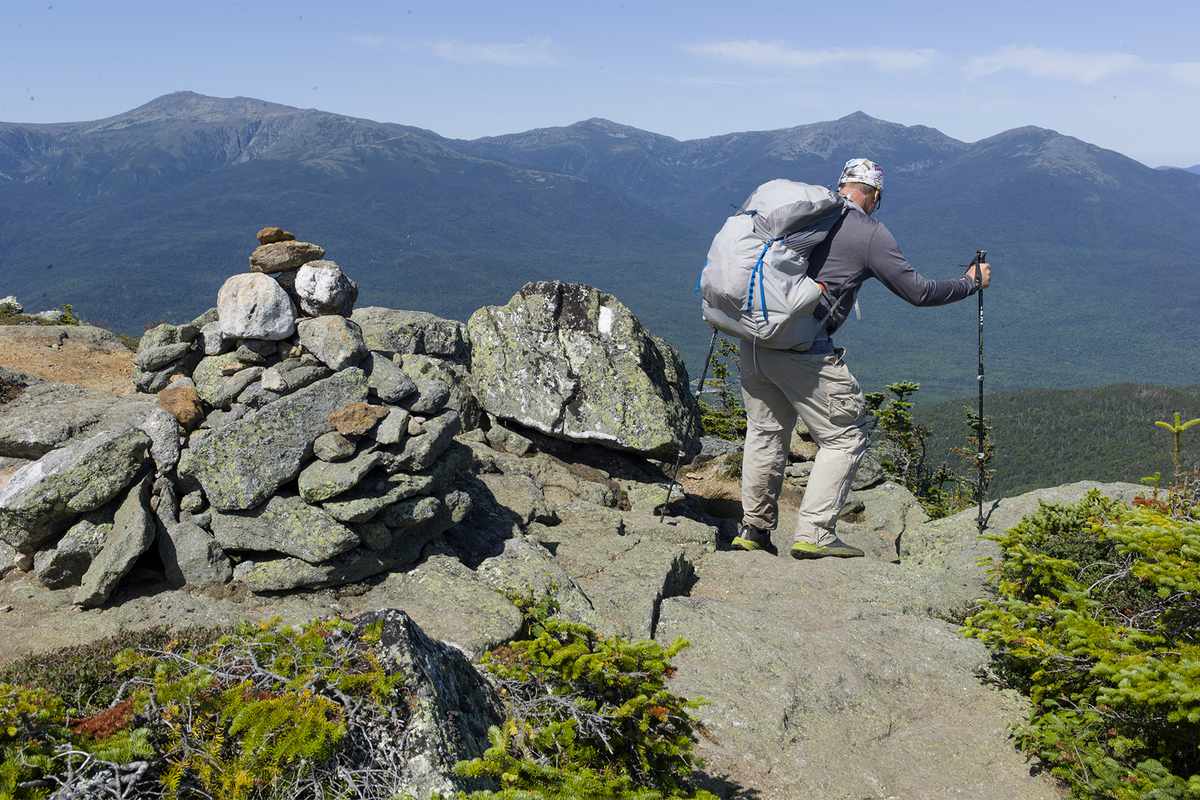The Appalachian Trail Conservancy Will Not Recognize Thru-hikes in 2021 Amid COVID-19
Long-distance thru-hikes will not be recognized by the Appalachian Trail Conservancy — the group that manages the more than 2,000-mile, multi-state trail — until the COVID-19 pandemic is 'declared under control.'
"Due to the pandemic… (including the emerging variants that could be even more contagious), the ATC has been advising hikers to postpone their hikes until the CDC has deemed the pandemic "under control" or a COVID-19 vaccine or effective treatment is widely available and distributed," the ATC wrote in a post last week, adding, "Although we don't know when the pandemic will be declared 'under control' and we can resume distribution of A.T. hangtags and 2,000 miler recognition, we hope for all concerned it will be soon."
Typically, hiking the entire 2,190 miles of the Appalachian Trail, known as a thru-hike, takes about five to seven months and must be completed within 12 months, according to the group. Thousands of hikers attempt to traverse the entire trail each year, while the conservancy estimates about 3 million people hike at least a portion of the trail.
In addition to not recognizing thru-hikers, the ATC will not hand out A.T. hangtags — plastic tags hikers can hang on their backpacks to mark the year of their attempted thru-hike — and promote sustainable hiking practices.
The conservancy has not issued A.T. hangtags since March 2020.
The first-ever thru-hike was completed in the 1930s.
Morgan Sommerville, the ATC regional director, told The Asheville Citizen-Times about 2,000 thru-hikers had already registered.
"We're concerned about the safety of AT volunteers, AT hikers, of the members of AT communities and of course ATC staff and staff of our federal partners," Sommerville said.
While the ATC is not currently recognizing thru-hikers, the Great Smokies have continued to issue Appalachian Trail thru-hiker permits, The Asheville Citizen-Times noted.
"All permit holders, regardless of the length of their trip or route, are currently permitted to sleep in tents outside the shelters to encourage physical distancing," a spokeswoman for the park told the paper.
Alison Fox is a contributing writer for Travel Leisure. When she's not in New York City, she likes to spend her time at the beach or exploring new destinations and hopes to visit every country in the world. Follow her adventures on Instagram.
Source: Read Full Article




